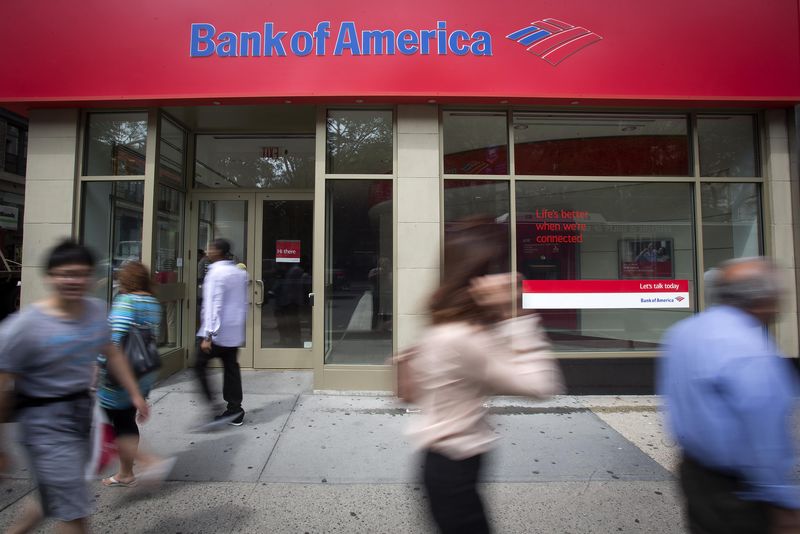Investors are keenly awaiting today's release of the Consumer Price Index (CPI) for August, a key factor in the Federal Reserve's upcoming decision on interest rates. According to Bloomberg estimates, the report is expected to reveal a headline inflation rate of 3.6%, up from July's 3.2% annual gain in prices. On a monthly basis, consumer prices are projected to have increased by 0.6% in August, outpacing the 0.2% rise in July.
The anticipated acceleration in inflation is largely attributed to a significant increase in energy prices. Oil prices reached new highs for the year on Tuesday, with West Texas Intermediate closing just below $89 per barrel and Brent crude futures exceeding $92 per barrel — the highest levels since November 2022.
However, core inflation, which excludes volatile food and gas costs, is forecasted to have risen by 4.3% over the previous year in August — a deceleration from July's 4.7% annual increase. Monthly core prices are predicted to have climbed 0.2%, mirroring July's monthly rise.
Within core inflation, used car prices are expected to have continued their downward trend from June and July. Bank of America (NYSE:BAC) anticipates further declines in other core goods categories, including household furnishings, recreation commodities, education, and communication commodities due to ongoing improvements in supply chains. Conversely, food prices and shelter inflation are expected to remain high.
Inflation has consistently surpassed the Federal Reserve's 2% target, coupled with increasing oil prices and a still tight labor market, suggesting that interest rates may continue to rise later this year. However, market expectations indicate a potential pause in rate hikes at the central bank's meeting later this month. As of Tuesday afternoon, there was a roughly 93% chance that the Federal Reserve would maintain the current rates at its Sept. 20 policy meeting, according to data from the CME Group (NASDAQ:CME).
The Federal Reserve previously increased rates by 0.25% in July, following a pause in its aggressive rate-hiking cycle in June. However, Bloomberg economists Anna Wong and Stuart Paul suggest that another month of subdued core inflation could strengthen the argument against further interest-rate increases by the Federal Reserve. They anticipate that policymakers will focus on the stable core inflation rather than the robust headline inflation driven by oil prices.
Despite recent progress in inflation reports, central bank officials including Fed Chair Jerome Powell have emphasized that the battle against inflation is far from over and have cautioned that sustained economic strength may necessitate another rate increase. Rising oil prices have further complicated this outlook, inflating gasoline prices and raising concerns about potential additional tightening by the central bank.
This article was generated with the support of AI and reviewed by an editor. For more information see our T&C.
